Microsoft spends $1B annually to secure third-party games for Xbox Game Pass, but even that couldn’t save Starfield from falling flat spectacularly .
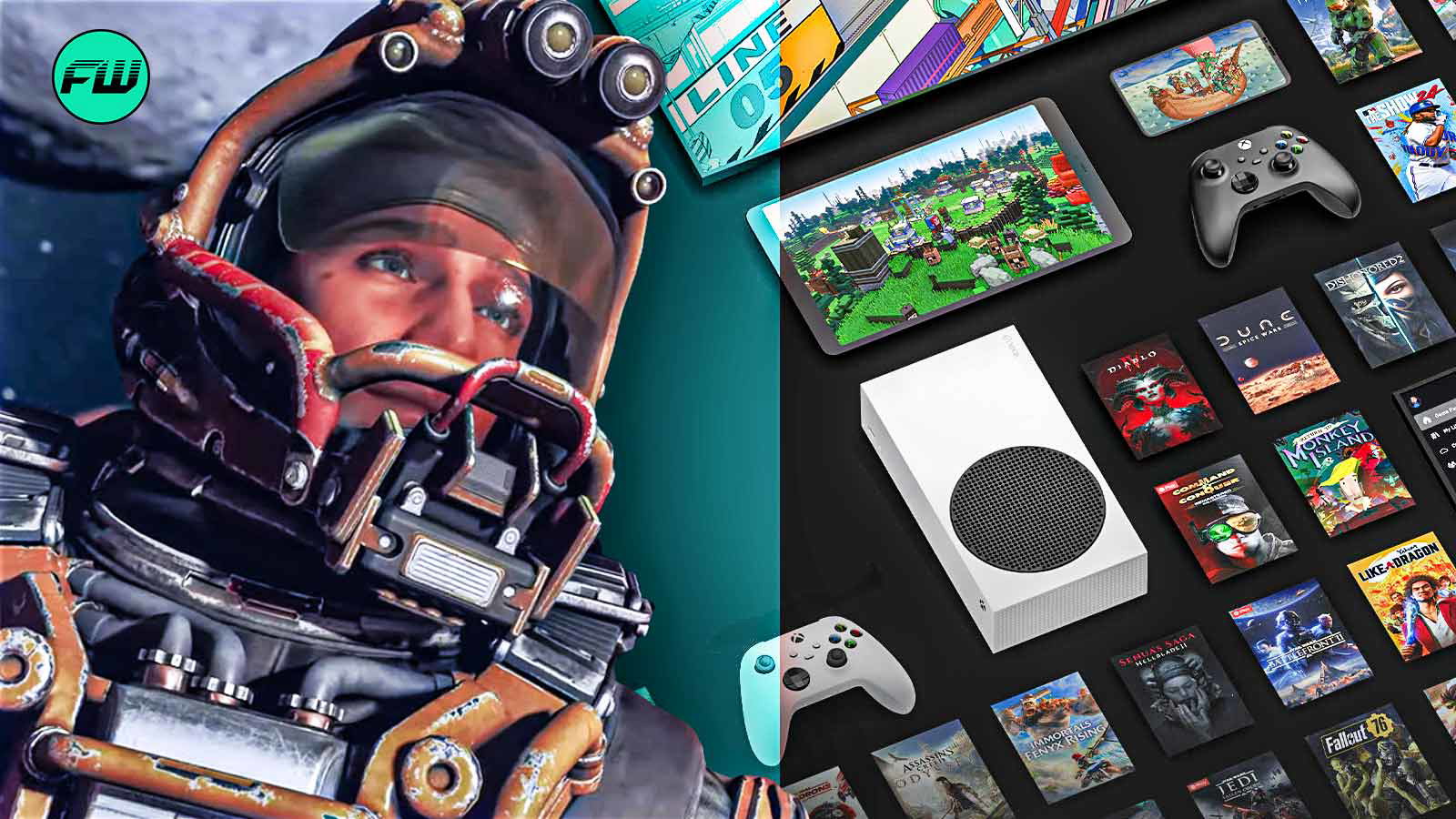
In a surprising revelation, a recent report has shed light on Microsoft’s massive spending to secure third-party games for its Xbox Game Pass subscription service.
According to the said report, the Silicon Valley tech giant is shelling out a staggering $1 billion annually to keep these titles on the platform, offering hefty upfront payments and a share of subscription revenue to publishers.
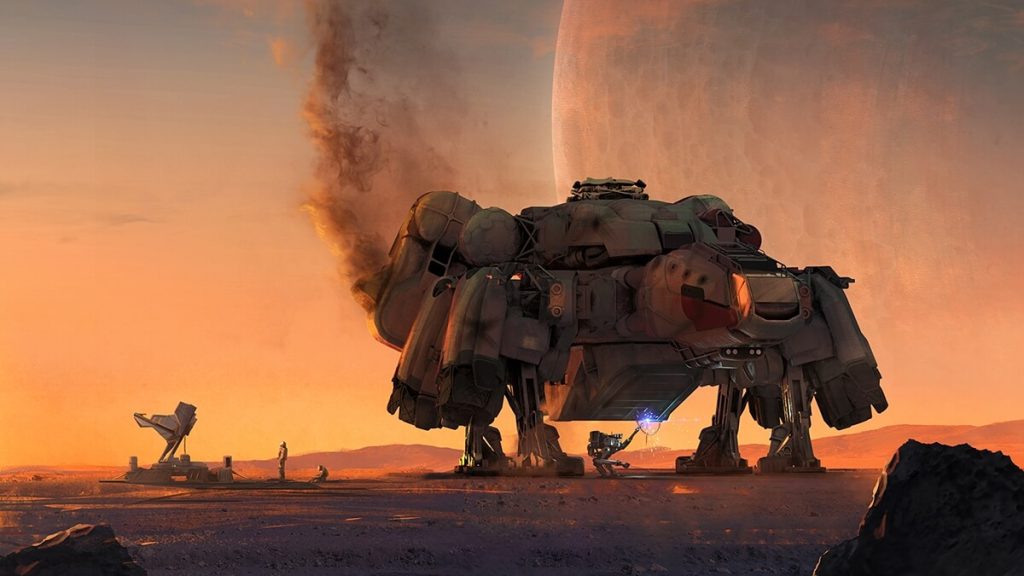 Starfield has yet to live up to the hype that surrounded its release. | Image Credit: Bethesda
Starfield has yet to live up to the hype that surrounded its release. | Image Credit: Bethesda
However, despite this enormous investment, it seems that even Microsoft’s deep pockets couldn’t save its highly anticipated first-party title, Starfield, from a disappointing launch.
Game Pass: A Billion-Dollar Gamble?
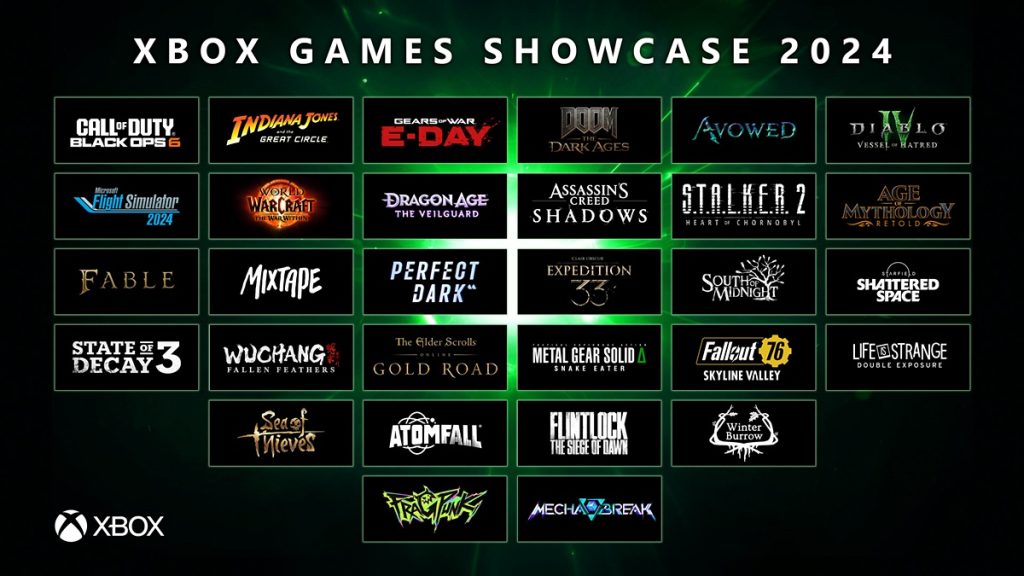 Microsoft showcased a total of 30 games at the recent event. | Image Credit: Xbox
Microsoft showcased a total of 30 games at the recent event. | Image Credit: Xbox
Microsoft‘s acquisition spree in recent years, which saw the company snapping up major studios like Bethesda and Activision Blizzard, has been well-documented. However, it appears that the company’s strategy to bolster its subscription service goes beyond just buying up studios.
The Bloomberg report reveals that Microsoft is spending big to attract third-party games to Game Pass, with smaller publishers being offered “flat fees of millions of dollars upfront” to include their titles on the service. This is in addition to a portion of the subscription revenue and the promise of increased exposure.
There’s a difference between managing a network effect and maximizing the value of a single game. If we don’t do it, someone else is going to.
— Sarah Bond, President of Xbox
It’s a tempting offer for many developers, especially in an industry where success can be hard to come by. But some larger publishers remain skeptical, with Take-Two Interactive CEO Strauss Zelnick expressing doubts about the wisdom of putting big-budget games on Game Pass on day one.
Starfield: A Cautionary Tale?
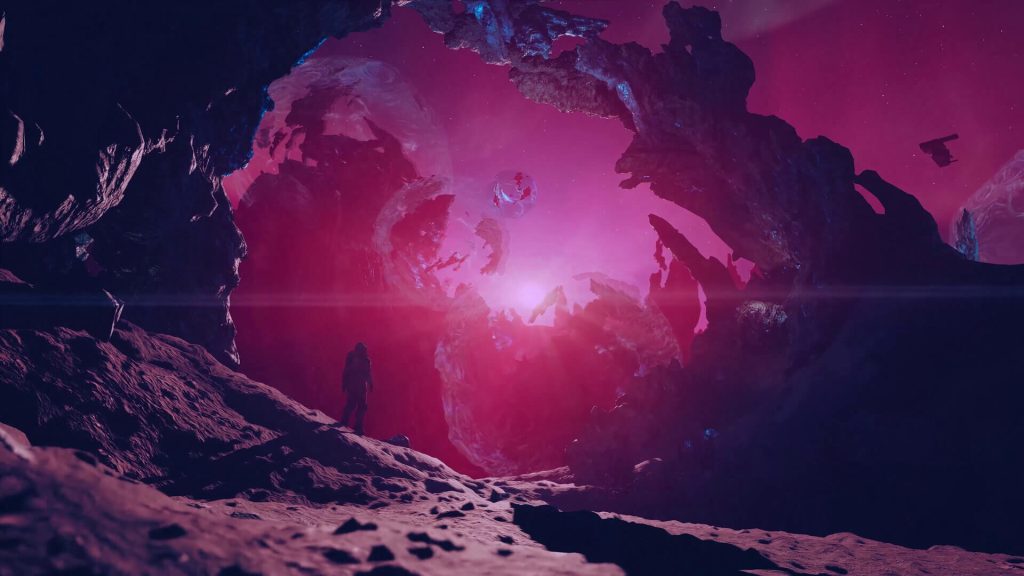 Bethesda fans are still holding some hope for the upcoming DLC. | Image Credit: Bethesda
Bethesda fans are still holding some hope for the upcoming DLC. | Image Credit: Bethesda
Despite Microsoft’s willingness to spend big on Game Pass, it seems that even the company’s own first-party titles aren’t immune to the challenges of game development. Starfield, the highly anticipated space RPG from Bethesda, launched to mixed reviews and widespread criticism of its apparent empty and largely lifeless galaxy.
The disappointment surrounding the game is particularly notable given the hype that Bethesda and, in part, Microsoft had built up around it. Many fans had hoped that the title would showcase the power of Microsoft’s new Xbox Series X/S consoles and demonstrate the value of the company’s acquisition of Bethesda.
Instead, Starfield has become a cautionary tale, with some fans constantly looking to the PC-only modding community to “fix” the game’s perceived shortcomings. It’s a stark reminder that even the most well-funded projects can fall short of expectations.
As Microsoft looks to the future of Xbox Game Pass, it faces a number of challenges and opportunities. The addition of Activision Blizzard’s Call of Duty franchise to the service with the upcoming Black Ops 6 seems to be a major coup—but it remains to be seen whether this will be enough to attract new subscribers in the face of increased competition from the likes of Sony and Nintendo.
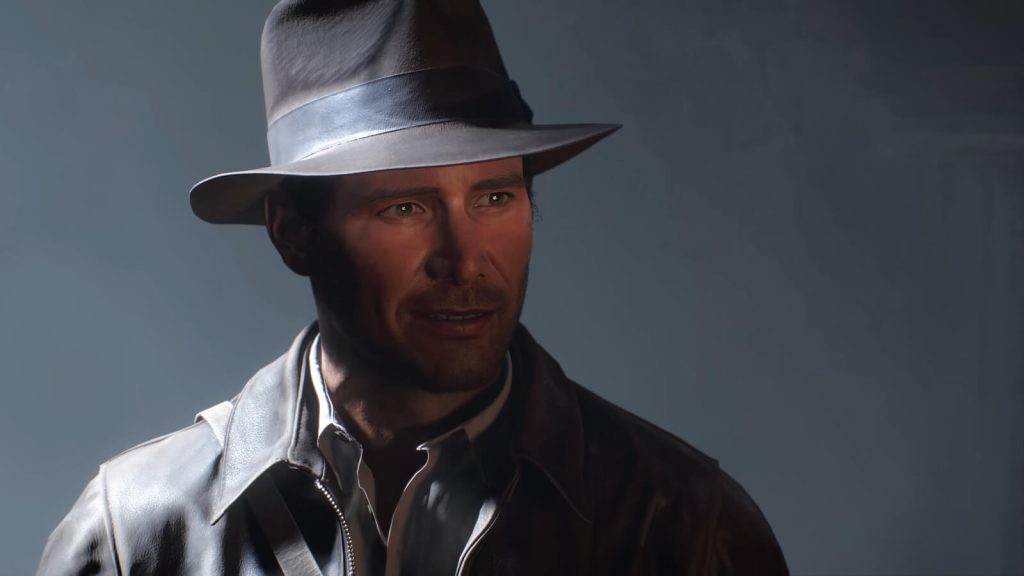 Dr. Jones will make his way to the PS5 mere months after the game’s release on Xbox and PC. | Image Credit: MachineGames
Dr. Jones will make his way to the PS5 mere months after the game’s release on Xbox and PC. | Image Credit: MachineGames
Meanwhile, the company’s decision to release some of its first-party titles—like the upcoming Indiana Jones and the Great Circle from MachineGames—on rival platforms shortly after their Xbox debuts has raised eyebrows among some fans. Is this a sign of Microsoft hedging its bets, or simply a recognition of the realities of the modern gaming market?
Only time will tell whether Microsoft’s billion-dollar gamble on Game Pass will pay off in the long run. But one thing is clear: even the deepest pockets can’t guarantee success in the unpredictable world of video game development and publishing.
What do you think about Microsoft’s strategy with Xbox Game Pass? Is the company on the right track, or do you think it needs to reevaluate its approach? Let us know in the comments below!




